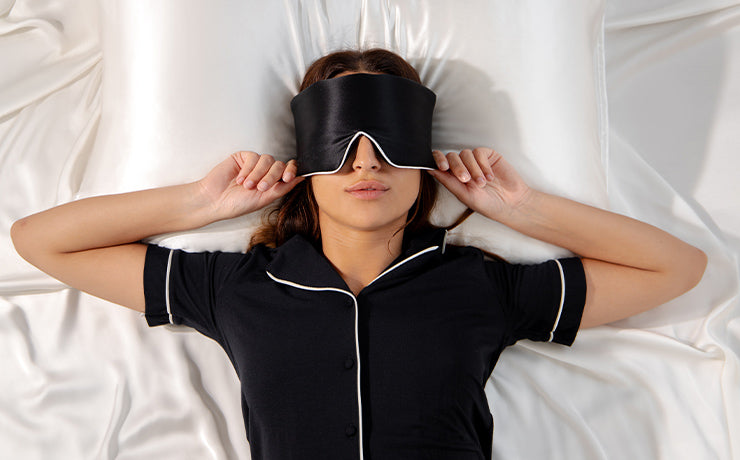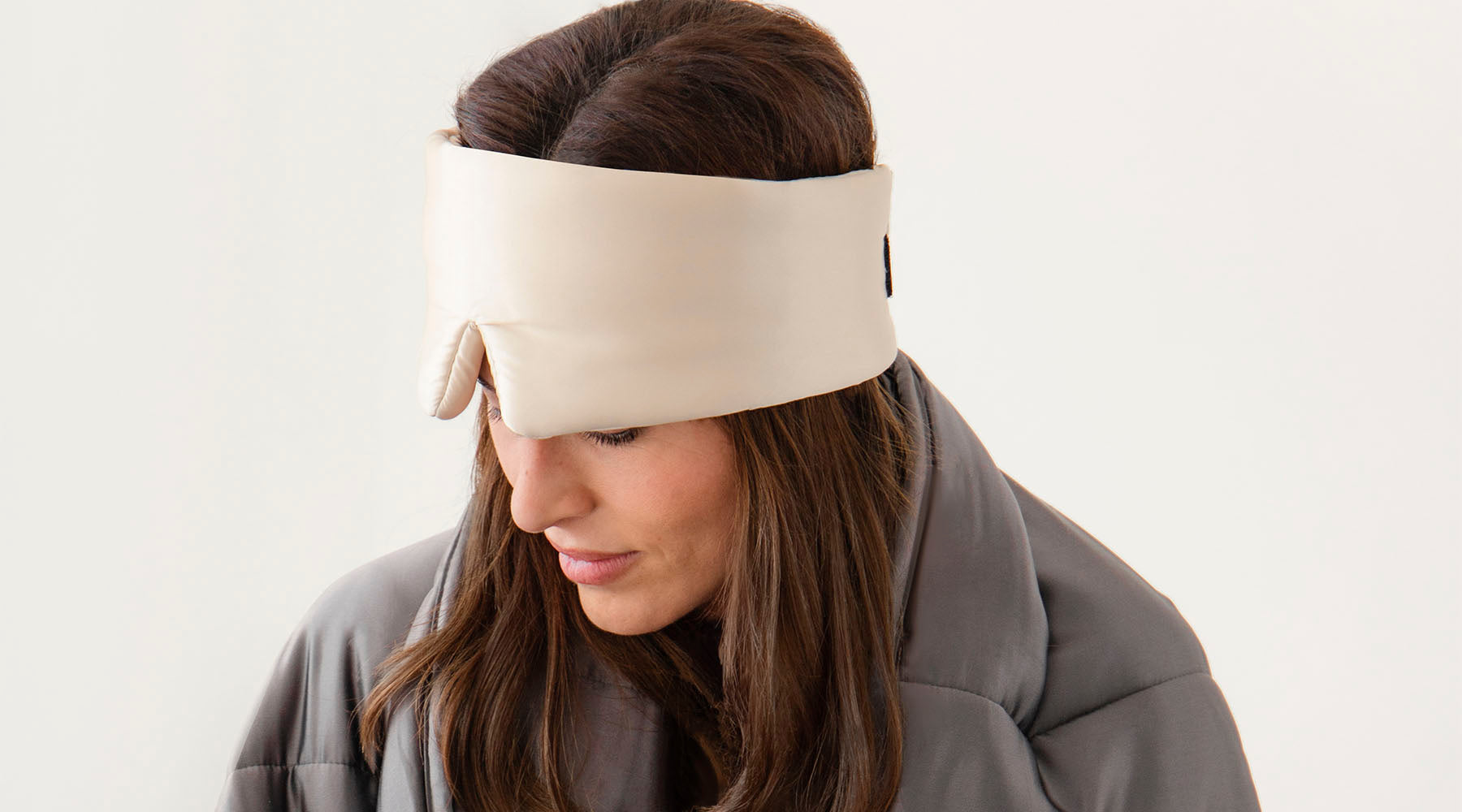Evaluating the effectiveness of weighted blankets: what to expect
If you've spent any time scrolling through social media or chatting with friends about sleep solutions, chances are you've heard about weighted blankets. These cozy, heavy covers are touted as game-changers for everything from anxiety and stress to restless nights. But do they really work, or are they just another trendy sleep accessory? Let's find out.
What are weighted blankets?
Weighted blankets are just what their name suggests: blankets that are heavier than your average throw. Their weights range anywhere from about 5 to 30 pounds. Weighted blankets work by mimicking something called "deep pressure stimulation" (DPS), which delivers light, widespread pressure all over your body. It's the adult equivalent of being swaddled—comforting, soothing, grounding.

Weighted blankets and anxiety: how does it work?
Perhaps one of the biggest selling points of weighted blankets is how they help calm the nervous system. A 2021 study found that deep pressure stimulation, like that from a weighted blanket, may reduce anxiety levels in adults. Many people report feeling more grounded and stable with the even weight distribution.
While weighted blankets aren't a treatment for anxiety, the gentle, consistent pressure may promote a sense of calm, similar to the way a firm hug can feel reassuring. This calming effect can help create a more relaxed state at bedtime, which may make it easier to settle down for sleep.
Do weighted blankets really help you sleep?
One primary reason people seek out weighted blankets is to improve their sleep quality. If you have difficulty falling asleep or staying asleep, a weighted blanket might be the solution:
-
Improved sleep patterns: A study published in the Journal of Clinical Sleep Medicine found that participants using weighted blankets reported reduced insomnia severity.
-
Faster sleep: Many people fall asleep faster with a weighted blanket, thanks to its calming pressure. A study from Uppsala University found that weighted blankets can boost melatonin levels, helping you relax and fall asleep more quickly.
-
Reduced movement: Weighted blankets can minimize body movement throughout the night by distributing pressure on the body, leading to fewer disturbances.
It's important to note that everyone's experience can be different. Some people feel an instant sense of comfort and fall asleep quickly, while others may take a few nights to get used to the added body weight. If you tend to get hot flashes or don't like feeling weighed down with heavy coverings, a weighted blanket may not be for you.
What about insomnia?
For people struggling with insomnia or difficulty falling asleep, a weighted blanket can help improve their sleep experience. A study published in the Journal of Clinical Sleep Medicine found that using a weighted blanket helped people with insomnia fall asleep faster and experience deeper sleep. However, it's not a magical solution. The effects will differ from person to person. While some may feel better after just several nights, others may need longer to notice a significant difference.

Are weighted blankets for everyone?
Though weighted blankets can be extremely helpful for many people, they're not a one-size-fits-all solution. Here's what you need to know before investing in one:
-
Comfort: Some people love the feel of a weighted blanket, while others find it too restrictive. If you're in doubt, try a smaller, lighter blanket first to see how you feel about it before committing to a heavier one.
-
Health considerations: For those with certain health conditions, such as sleep apnea or joint issues, it's a good idea to check with a healthcare provider before using a weighted blanket.
-
Temperature sensitivity: Weighted blankets can get quite warm, especially if they're filled with materials like glass beads or plastic pellets. If you tend to get hot at night, a cooling weighted blanket or one made of breathable materials may be a better fit.
How to choose the right weighted blanket?
If you're convinced that a weighted blanket is worth a shot, the next step is choosing the right one for your needs. Here are some factors to consider:
-
Weight: A good rule of thumb is to select a blanket that's roughly 10 percent of your body weight (or a child's body weight). So, if you weigh 150 pounds, then 15 pounds might be your sweet spot. Personal preference matters a lot here, so feel free to experiment.
-
Material: The type of material used can greatly affect the comfort of your weighted blanket. Cotton, bamboo, and silk fabrics are common choices, but there are also options with cooling features or natural, organic materials.
-
Size: Weighted blankets usually come in sizes corresponding to standard bed sizes (twin, queen, king). However, some people prefer either a lighter blanket or a smaller one that only covers their body (not the entire bed) for a more focused effect.
Invest in a high-quality weighted blanket with Drowsy
So, are weighted blankets the miracle sleep aid they're often made out to be? For many people, yes! However, like any sleep aid, they may not work for everyone, and results can vary based on individual preferences. If you're considering giving one a try, Drowsy weighted blankets are the obvious choice.
These blankets are made from premium 22-mome mulberry silk. They're breathable and offer the ideal amount of pressure and warmth. Choose from a range of colors, such as the Moonlight Shadow silk-weighted blanket, the Midnight Blue silk-weighted blanket, or the Dusty Gold silk-weighted blanket, and get the quality sleep you deserve!






